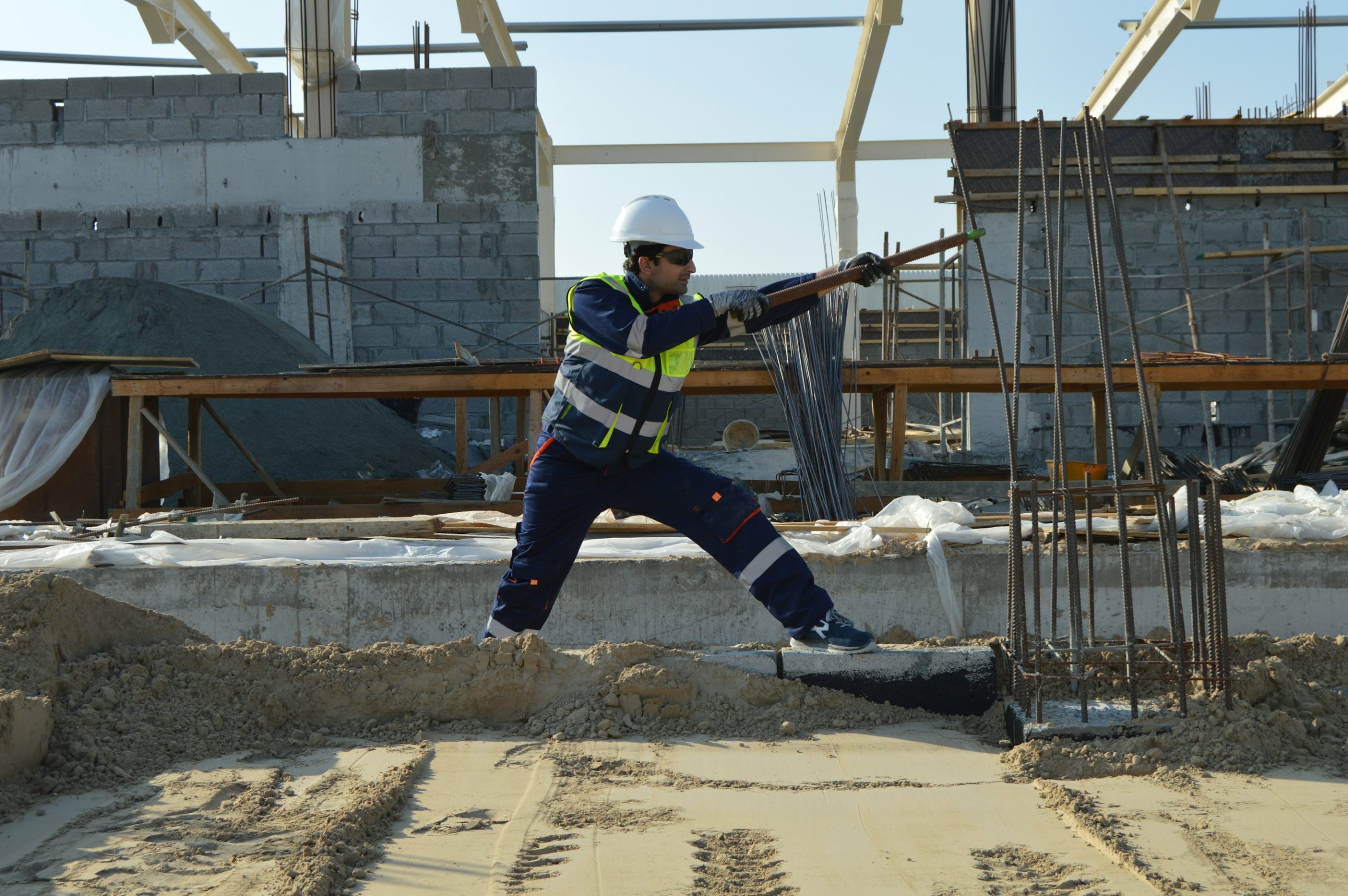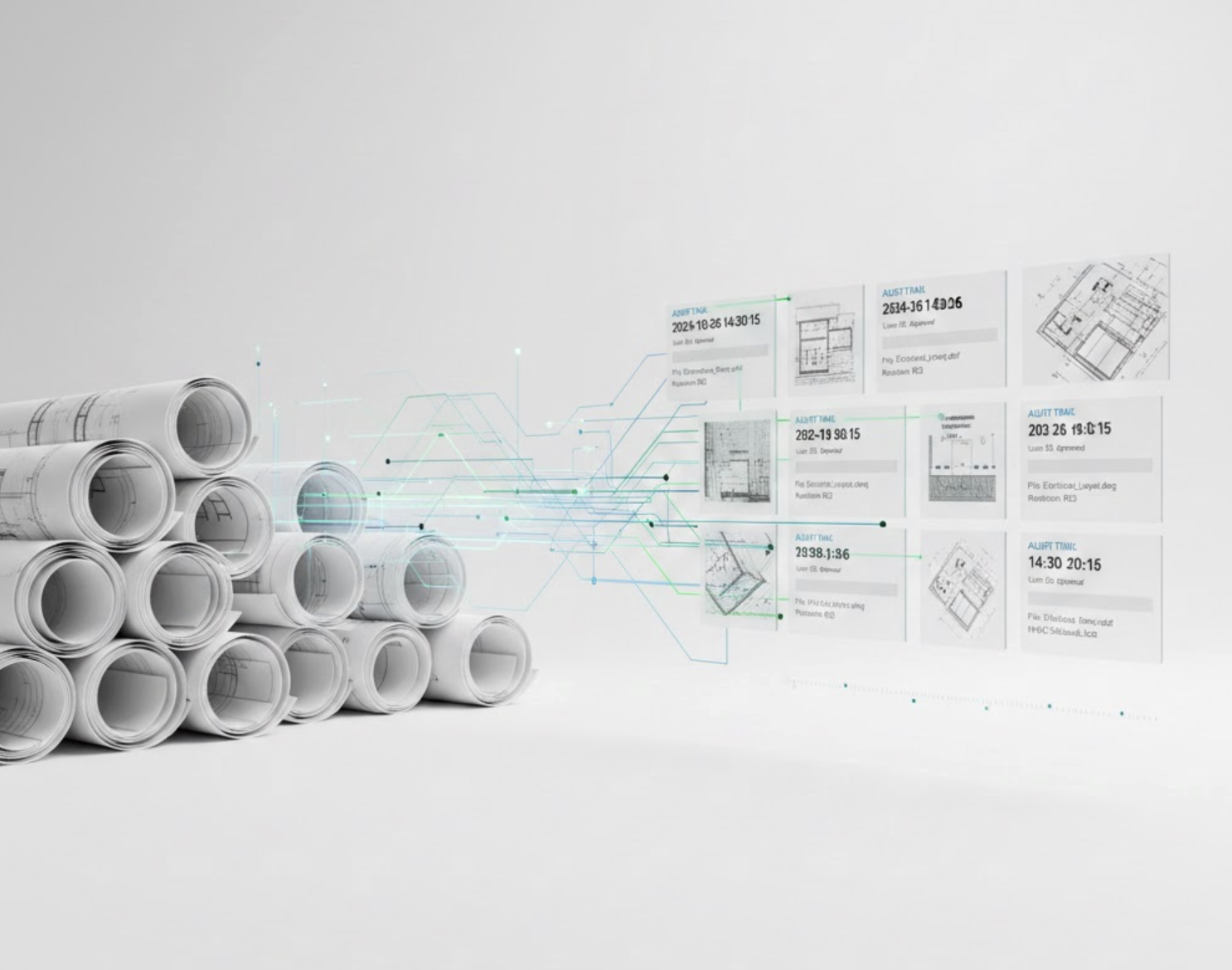Why Authority Approvals Are the Bottleneck of Middle East Projects
In the realm of construction, especially within the Middle East, the efficiency of project execution often encounters a significant hurdle—the authority approval process. Delays and project overruns are rampant, as these approvals can substantially extend project timelines. Consequently, the adoption of innovative construction project management software has emerged as a vital solution to address these challenges.
Delays and Project Overruns
According to HKA’s CRUX Insight Report, construction delays in the Middle East can add an astonishing average of 22.5 months, or 83% of the originally scheduled duration, to project timelines. Various external factors contribute to these delays, including geopolitical conflicts and disruptions in supply chains, which add to the challenges and inefficiencies faced by construction projects in the region.
Regulatory and Approval Processes
The lengthy and cumbersome regulatory processes intertwine with a traditional workflow predominantly reliant on paper-based systems. These outdated methods lead to issues such as incomplete paperwork, misplaced documents, and prolonged meetings, resulting in miscommunications that further hinder progress. Digital transformation is underway, but for many areas, the establishment of digital management systems remains an exception rather than the norm.
For instance, Qatar’s Moazanah project has made strides in automating and streamlining the budgetary review and approval process. By leveraging advanced technologies, the workflow is more efficient, yet similar initiatives have not been universally adopted across the region.
Specific Examples and Challenges
While examining the dynamics of authority approvals, notable projects highlight challenges and inefficiencies. In Saudi Arabia, ambitious ventures like the NEOM project have encountered significant delays primarily due to insufficient feasibility studies and fluctuations in oil revenues. The complications surrounding these operations can lead to the suspension or postponement of projects, leaving unfulfilled potential behind.
Before the Moazanah system, Qatar faced operational inefficiencies caused by outdated methods in the budget application process. However, the introduction of this digital tool has yielded improvements by georeferencing projects and avoiding overlapping work within the same infrastructure, thereby enhancing coordination and cost savings.
Impact on Project Efficiency
The ramifications of delays and inefficiencies extend far beyond individual projects. The increase in project overruns translates into substantial financial burdens on local businesses and the public. Traffic flow disruptions and continuous project delays contribute to an environment fraught with uncertainty. Financially, these delays result in hundreds of millions of dollars being sunk into projects with uncertain fates, leading to upwards of significant ongoing budget deficits in places such as Saudi Arabia.
Solutions and Best Practices
To overcome the bottleneck caused by authority approvals, digitalization stands out as a game-changing solution. Advanced construction management platforms, like Zepth, offer powerful tools to enhance project performance. By providing a centralized document management system, they streamline the approval process, reduce paperwork errors, and improve coordination among various stakeholders.
Incorporating features such as payment management linked to authority milestones, Zepth allows teams to maintain timely financial transactions, closely aligned with project progress to mitigate the risks of overruns. Furthermore, with multilingual tools within Zepth’s jobsite management platform, communication among diverse teams becomes seamless, particularly crucial in the multicultural landscape of Middle Eastern construction projects.
How Zepth Can Help
Zepth’s construction management solutions stand as a beacon of efficiency in overcoming delays tied to authority approvals. By automating and streamlining processes, Zepth enhances the management of authority approvals, reducing the likelihood of delays. Its suite of tools not only facilitates meticulous tracking of project progress but also ensures that communication remains clear and effective between project teams.
Moreover, Zepth’s innovative multilingual jobsite tools cater to a diverse workforce, offering a competitive edge in project execution. The platform’s focus on payment management tied to milestones fosters a systematic approach to financial tracking, thereby contributing to more efficient project delivery.
By leveraging the advanced capabilities of Zepth, construction projects in the Middle East can effectively alleviate bottlenecks caused by authority approvals and regulatory processes. As the region progresses toward construction industry digital transformation, embracing such smart construction management tools will lead to more timely and successful project completions.




